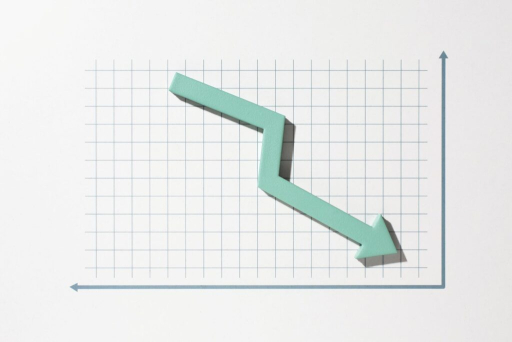
Blog: finance and real estate made simple
Articles and insights to help you navigate and grow
The Impact of Czech National Bank Meetings on Savings Accounts

The Impact of Czech National Bank Meetings on Savings Accounts
Each of us tries to get the best possible return on our savings, which is why we closely watch interest rates on our savings accounts. But what if I told you that the key to higher returns could lie in the decisions of the Czech National Bank (CNB)? Monetary policy meetings of the CNB are events with the potential to influence interest rates in commercial banks, and thus the yields on our savings accounts. In this article, we’ll look at how these meetings work, why they matter, and how they affect our finances.
Monetary Policy Meetings and Their Importance
The CNB’s monetary policy meetings are held regularly and serve as the main platform for deciding on interest rate settings. These decisions are based on an analysis of economic data such as inflation, unemployment, and economic growth. CNB meetings are watched not only by financial institutions and investors but also by the general public, as their outcomes can significantly influence the economic environment.
In addition to CNB-set interest rates, there are also interbank rates, such as PRIBOR (Prague InterBank Offered Rate), representing the rates at which banks lend to each other in the money market. These rates also affect interest rates on savings accounts and other financial products. While interbank rates are influenced by CNB decisions, they are also shaped by the supply and demand for liquidity among banks.
Impact on Savings Account Interest Rates
When the CNB lowers interest rates, commercial banks quickly respond by lowering savings account rates. This is driven by their desire to maintain the highest possible profit margins. Savings accounts, due to their easy access to funds, are among the most sensitive instruments to interest rate changes, which negatively affects clients when rates drop. Conversely, when the CNB raises rates, banks tend to increase savings account rates much more slowly because higher rates mean higher costs for them.
Current savings account rates in the Czech Republic:
-
J&T Banka: 3.5%
-
Air Bank: 3.75%
-
Banka CREDITAS: 3.80%
-
Česká spořitelna: 3%
-
FIO banka: 4.2%
-
Komerční banka: 3%
-
mBank: 3.5%
-
MONETA Money Bank: 3.5%
-
Raiffeisenbank: 4.5%
-
Trinity Bank: 4.08%
-
UniCredit Bank: 4%
It’s important to note that most banks guarantee these rates only until the end of August 2024. Also, many banks only apply these rates to a limited balance. Others use tiered interest – for example, the balance is only interest-bearing between 250,000 CZK (€10,000) and 500,000 CZK (€20,000). Better rates are often conditional on using other bank products, such as current accounts, credit cards, or regular investments. With the continued decline in CNB interest rates, we can expect savings account rates to fall further soon.
Bank Deposits from a Bank’s Perspective
Commercial banks are required to keep only a portion of client deposits as reserves – known as the minimum reserve requirement. The rest can be invested in loans, bonds, or other financial instruments. This investment activity allows banks to generate profits but also makes them sensitive to CNB rate changes.
Impacts for Consumers and Recommendations
Changes in savings account interest rates have a direct financial impact on consumers. When rates rise, savers can expect higher returns, which may encourage more saving and improve individual financial stability. When rates fall, savings accounts become less attractive, prompting people to move funds to other investment vehicles, such as bonds.
Given the expected further decline in savings account rates, it may be worth considering alternatives that offer potentially higher returns:
-
Real estate funds: Invest in property and offer stable returns from rental income and property value growth.
-
Bond funds: Invest in government and corporate bonds; with the right selection, these can deliver attractive returns even in a low-rate environment.
-
Equity funds: For long-term investors, these can offer higher potential returns, albeit with higher volatility.
CNB decisions affect not only savings account rates but also the broader economy. Interest rate changes can influence the mortgage market, consumer loans, and overall demand for goods and services – which in turn impact inflation and economic growth, completing the monetary policy cycle.
Conclusion
The CNB’s monetary policy meetings play a key role in determining savings account interest rates in commercial banks. Decisions on interest rates have a direct impact on the returns from savings accounts, and thus on individual financial planning. Given the expected further decline in rates, it is important to consider alternative investment options and consult an expert on how to manage your savings effectively.
Note: Fixed rate used: 1 EUR = 25 CZK.
Stone & belter blog
Similar articles
Category















